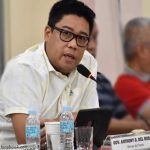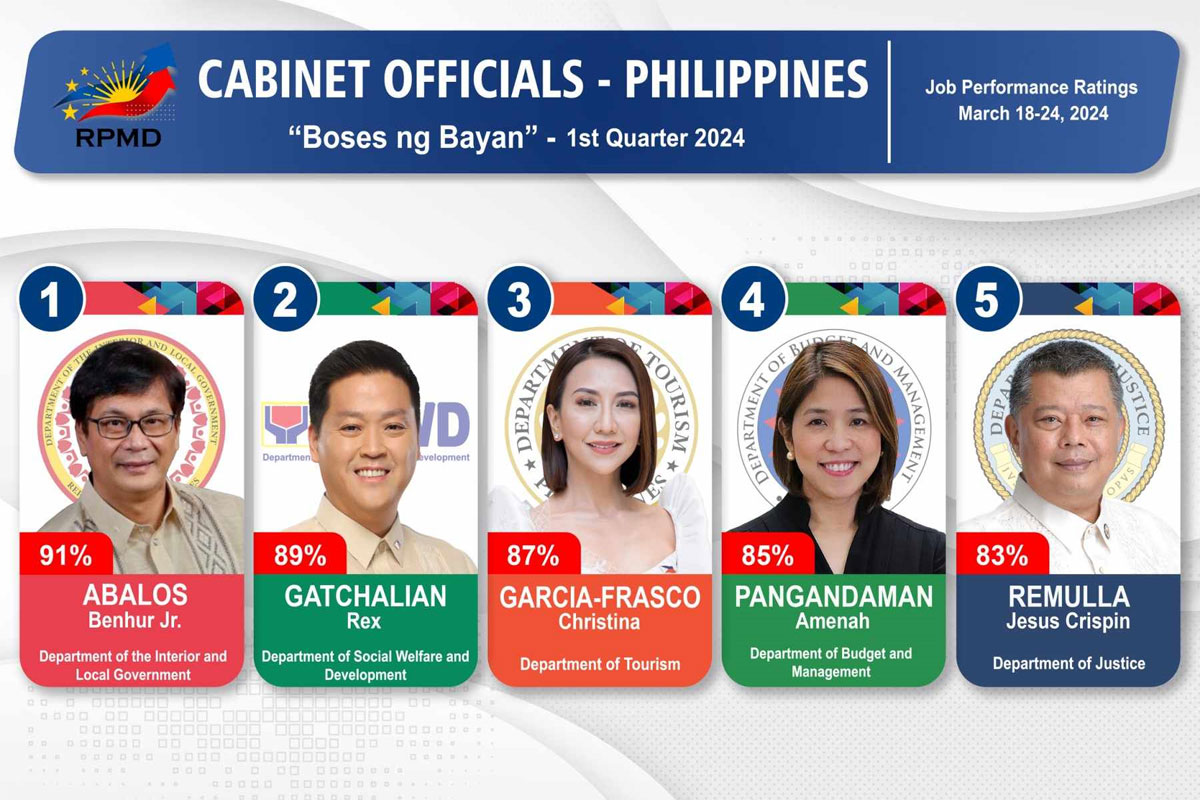
Roque urges farmers to invest in ‘cash crops’
UNITEAM senatorial aspirant Harry Roque has encouraged farmers grappling with high production costs, soaring fuel prices, and low farm gate prices to consider investing in cash crops to improve their earning capacity.
A cash crop and livestock farmer himself, Roque said that rice and other staple farmers could also venture into cash crop farming to increase their income streams and ultimately raise their standard of living.
He said the buying price for “palay” (unhusked rice) has become unstable after the rice tariffication law repealed the non-tariff protective measures and the National Food Authority’s (NFA) role in rice importation.
The former presidential spokesman said rice farmers run the risk of impoverishment unless they diversify towards crops that offer bigger yields and faster harvest.
Based on 2018 data from the Philippine Statistics Authority (PSA), Filipino farmers posted a poverty incidence of 31.6%, the highest among the country’s basic sector.
Roque shared that he owns a strawberry and ornamental plant farm in Benguet.
His strawberry fields can yield up to 500 kilos, while his cut flowers and plant varieties can set a farmgate price of P15,000.
Roque said, “I believe that crop diversification is the way. With the soaring farm inputs costs and petroleum prices, our farmers should not stick to just one crop.”
He recommended that the government provide technical assistance to farmers who may opt to plant cash crops such as coffee, spices, coconuts, tropical fruits, and ornamental plants.
Roque said, “The United States, China, and Europe have a growing demand for coconut water. Since we are the world’s second-largest coconut producer, let us take advantage of this opportunity and not just stick to copra farming.”
He added that the country could create a bigger name for Philippine coffee products, especially those produced in the Cordillera Region, Batangas, Cavite, and Mindanao Island, in the international market.
Meanwhile, Roque suggested that the government follow the example of other Asian countries with huge investments in capital expenditures and irrigation networks to intensify agriculture productivity.
He said the Philippines could adopt the development strategies of Thailand and Vietnam in terms of advanced production methods and financing fixed agricultural assets.
Roque also said the country could also learn from the irrigated agricultural experience of Pakistan, which has the world’s largest contiguous irrigation system.
Since agriculture remains the lifeblood of the Philippine economy and society, Roque said the government should improve the country’s irrigation network to ensure farm productivity.
As a party-list representative in the 17th Congress, Roque authored the “Free Irrigation Services Act” or Republic Act 10969.
The law exempts farmers with landholdings of eight hectares and below from paying irrigation services fees for water derived from both national and communal irrigation systems under the National Irrigation Authority (NIA), irrigators associations, and other government agencies.


















